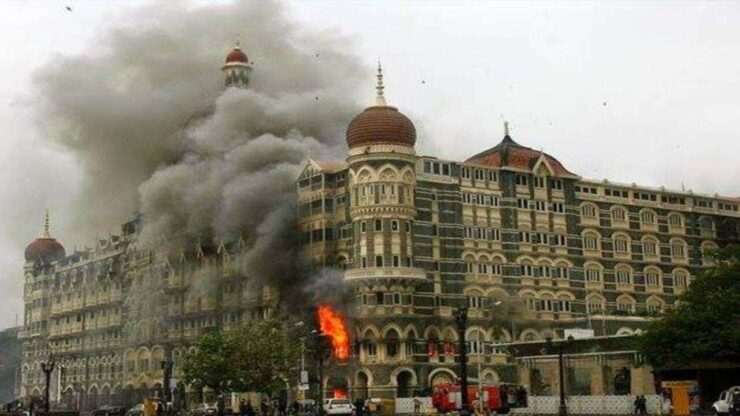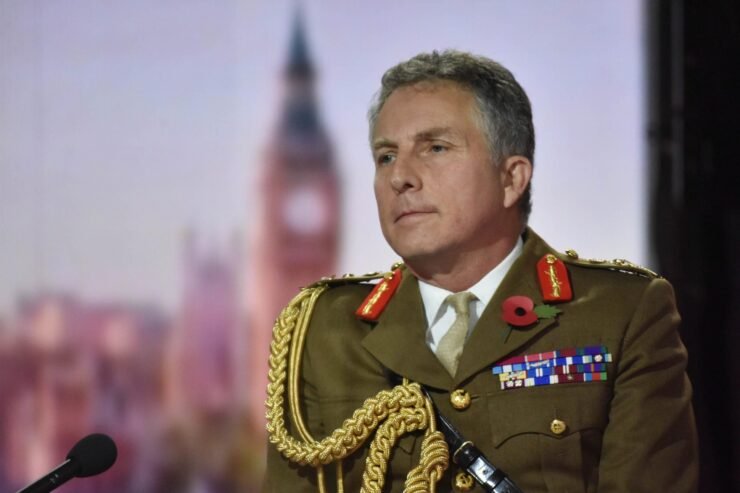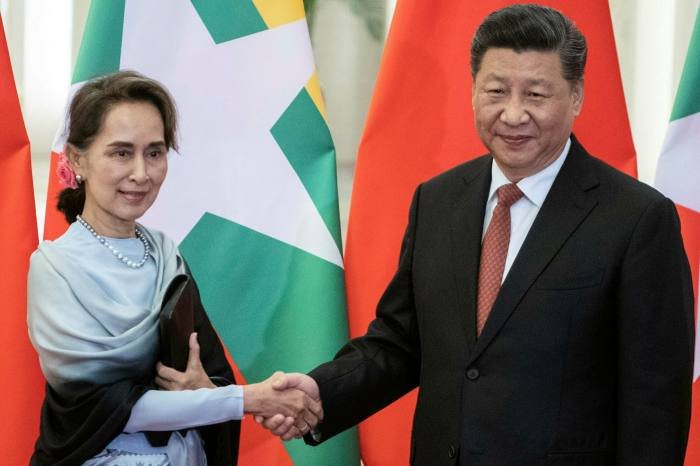
Condemnation of the 26/11 Mumbai terrorist attacks and the terror attack at Pathankot together with calls to bring the perpetrators to justice during the recent Quad Foreign Ministers’ Meet at Melbourne attracted much applause. But do we remember that the 26/11 terror attacks happened 14 years ago in 2008 and the Pathankot attack were six years ago in 2016 and in both cases irrefutable evidence is available of Pakistan’s complicity. David Headley, who undertook reconnaissance and photography for the 26/11 Mumbai terror attacks, is in America, and in the case of the Pathankot terror attack NSA Ajit Doval personally took Pakistan’s so-called investigating team to the IAF base at Pathankot
Were it not for the US using Pakistan-based terrorist groups as its proxy boots on the ground, it has enough clout to force Pakistan to prosecute the perpetrators of these terror attacks. America’s capitulation to the Taliban and Haqqanis is for the same reason despite US scholars and analysts periodically stating that all the terror camps and havens lay on the Pakistani side of the Afghan-Pakistan border; which the US would not target beyond a perfunctory drone attack. When visiting US delegations to India were questioned about this, their response was: “Do you expect the US to attack nuclear Pakistan?” But now the US is ready to attack Russia over Ukraine presuming Russia only has an arsenal of lollipops in the garb of nukes?
Recall General Mark A Milley, Chief of Staff of US Army, testifying before the Senate Armed Services Committee, and telling lawmakers during the Congressional hearing, “It’s very, very difficult to eliminate any insurgency if that insurgency has safe haven in another country. But right now, the Taliban, the Haqqanis and other organizations do, in fact, enjoy some safe haven in the border regions on the Pakistani side of the border. Pakistan has got to be part of the solution.” But wasn’t that the case for the past two decades plus?
The US had nothing to say about the Chinese aggression in Eastern Ladakh during May 2020 other than a casual remark by US Secretary of Defence Lloyd Austin during his India visit in March 2021: “We never knew India and China were so close to war.” After repeated brickbats by Indian scholars that Washington was not bothered about the Chinese aggression in India, the ‘Indo-Pacific Strategic Report’ released by the US on February 11, 2022 now shows concern about Chinese mobilisation against India. But this perhaps is because of the US-Russia tensions over Ukraine, as indicated by the US hoping India will support it in case of war in Ukraine.
Economy is vital for India’s growth but the US forced India to stop importing Iranian oil, which was next door and cheaper – all because of the idiocy of the Donald Trump administration by arbitrarily pulling out of the JCPOA. To say that this did not damage India-Iran relations is foolish when economy and trade is a major pillar of international relations. The Biden administration is trying to stitch the JCPOA together perhaps because Britain has been opposed to any military action against Iran.

On January 12, 2022, former British Army Chief Nick Carter while speaking to the media stressed that war against Iran would be a failure of statecraft. “What needs to happen here is that the diplomats need to get around the table and deals need to be struck. We don’t want to see the military instrument being used. It will be a failure,” he said. But how the Iran Nuclear Deal talks progress and how the outcome will affect India remains to be seen.
The US game of sanctions has aligned China, Russia and Iran together, which is going to contribute to the downfall of America in the long run. But what matters most to India and harms India’s national interests is the American sanctions game in India’s immediate neighbourhood, while giving a free hand to terror-buddy Pakistan.
In February 2020, the US imposed individual sanctions against Sri Lankan military chief Shavendra Silva, who was both the Acting Chief of Defence Staff and Commander of the Sri Lanka Army; the move essentially means that Silva and his family cannot enter the US “due to gross violations of human rights”. There was an elaborate press statement by the then US Secretary of State Mike Pompeo about the sanctions. But the questions asked in the US media were: why were the sanctions imposed by the US in 2020 when the civil war in Sri Lanka ended 11 years ago in 2009? Is this concern for human rights or a late reaction for Sri Lanka’s tilt towards China? America’s own human rights record anyway is atrocious.
Following the military coup in Myanmar, the US has imposed sanctions periodically against Myanmar’s government officials (including ministers) and their families, supporters of the military regime and multiple businesses. This has adversely affected India-Myanmar relations since it will push Myanmar more into the Chinese sphere of influence. Already, China has kick-started the China-Myanmar Economic Corridor (CMEC), which will bring China’s PLA into Myanmar in the same manner it has happened in Pakistan. India will find itself sandwiched between these two flanks, which are of no concern to the US, even as the US is crying about European security over Ukraine. If Biden thinks sanctions would change the present regime in Myanmar, he should watch Trump showing videos to an amused Kim Jong-un in Pyongyang how toeing the US can change North Korea.

In December 2021, the US imposed sanctions for the first time against Bangladesh; just weeks after Washington emphasised a deepening partnership with Dhaka. The sanctions were imposed on International Human Rights Day against Bangladesh paramilitary forces, citing “serious human rights abuses”. It also sanctioned the current director of the Rapid Action Battalion (RAB) and five former senior RAB officials, including a travel ban on Benazir Ahmed, now Bangladesh’s top police chief. The sanctions dealt a blow to US-Bangladesh relations, of which the US bothers little. Fortunately, the present government in Bangladesh, unlike the previous BNP regime, is not in the Chinese lap. But such sanctions in India’s neighbourhood do affect Indian interests, especially where China views India in the American camp.
If the above was not enough, the US gave an ultimatum to Nepal to ratify the US Millennium Challenge Corporation (MCC) Compact by February 28, 2022. In September 2017, the US Government’s MCC signed a $500 million compact with the Government of Nepal. The MCC Nepal Compact marked a new chapter in the US-Nepal Partnership and is designed to increase the availability of electricity and lower the cost of transportation in Nepal. It was designed to counter China’s Belt and Road Initiative (BRI). Why the clamour to ratify it at such short notice is not known. The Nepalese Government wanted to table the ratification in Parliament but has had to defer it because of China-inspired large-scale protests in Kathmandu. If Nepal is not able to ratify the MCC Nepal compact, the $500 million grant will cease.
Wars all over the world suit the US arms manufacturers and the US administration since it boosts arms sales and the US economy in turn and helps further US national interests. The US would love South Asia to be destabilised just like the Middle East with nary a thought to what happens to India beyond selling arms. But all these US actions are not in India’s national interests.
-The author is an Indian Army veteran. Views expressed are personal.








